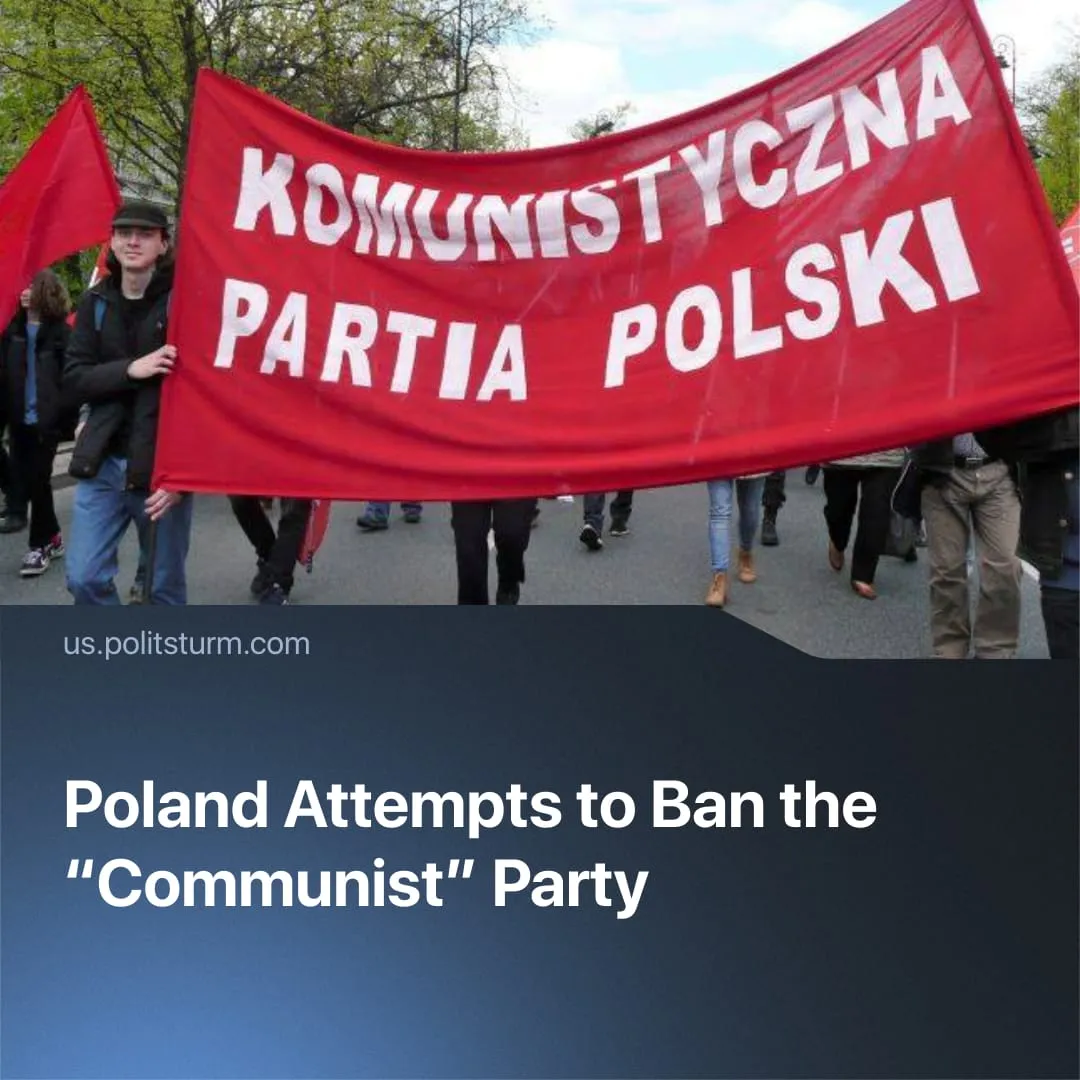Poland moves to ban communists as Europe accelerates militarisation.
Details. President Karol Nawrocki filed a motion to the Constitutional Tribunal on 6 November seeking to declare the goals and activities of the Communist Party of Poland (KPP) unconstitutional.
► If upheld, the ruling would remove the KPP from the party register and open the way to prosecuting members for “anti-constitutional” and “pro-totalitarian” activity.
► Nawrocki claims that slogans such as “our victory over fascism” prove the KPP’s alleged support for “totalitarian methods” and its willingness to use force against the “democratic order.”
► The KPP rejected all the accusations as politically motivated, saying the state is unfairly attributing “all the errors of the previous [socialist] system” to the party. It states that it pursues change through democratic means, not violence, and argues that the motion is a direct attack on political freedoms.
Context. Poland is among the most rapidly militarising states in Europe, preparing for participation in a wider imperialist war. Criminalising the KPP serves a clear class purpose. By targeting a marginal and politically inconsistent organisation, the state establishes a legal and ideological precedent it can later use against genuine communist forces that oppose the mobilisation of workers for future wars.
► The KPP’s own opportunism makes it an easy target. It adopts social-chauvinist positions, indirectly aligning with Russia by solely blaming NATO for the “SMO”, backs the World Anti-Imperialist Platform (WAP) – a bloc of social-chauvinist parties such as Britain’s CPGB-ML, Russia’s CPRF and the US ACP – and describes China, Vietnam, Laos, North Korea and Cuba as socialist states.
► Anti-communist measures in Poland have escalated for nearly a decade (2016, 2020, 2025), including bans on communist symbols, restrictions on the public promotion of communist ideas, and repeated attempts to eliminate the KPP.
► Far-right forces such as the Confederation party, KKP (The Crown), and nationalist street groups have grown in influence, pushing openly anti-communist narratives that reinforce state repression and militarisation.
► This trend extends across Europe. Governments are raising military budgets and tightening anti-communist laws – for example, the Czech Republic’s 2025 law criminalising communist ideology with prison terms of up to five years, or Germany’s bans on Soviet flags during Victory Day events.


